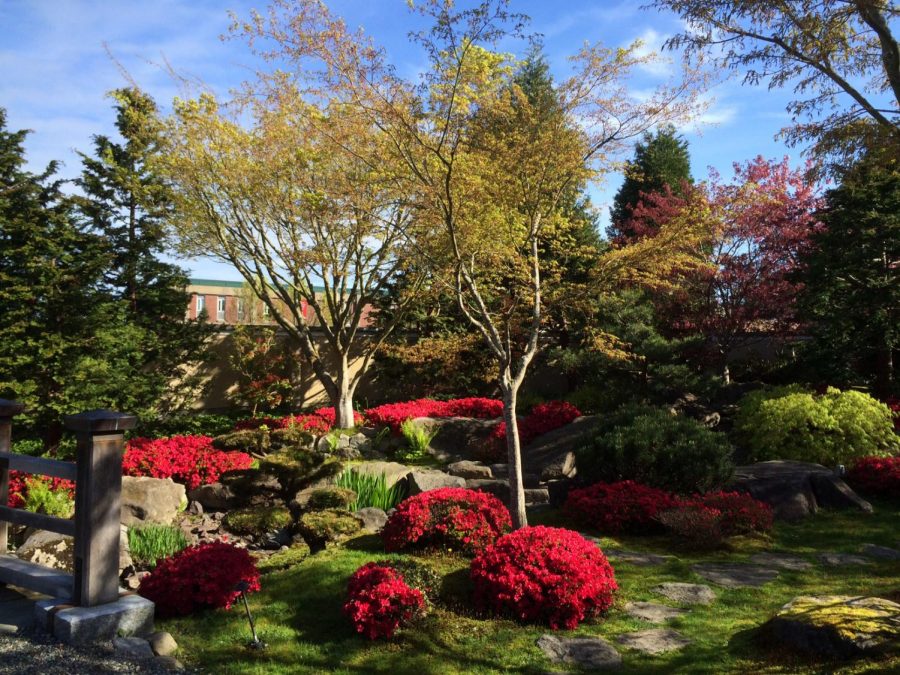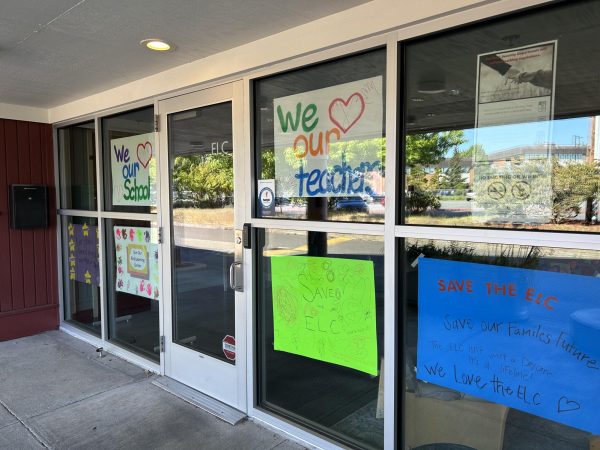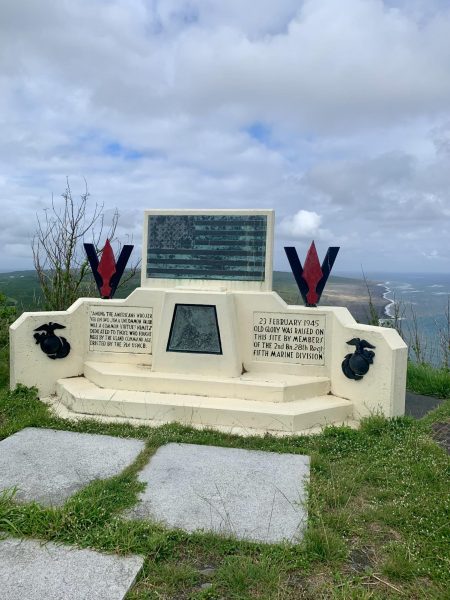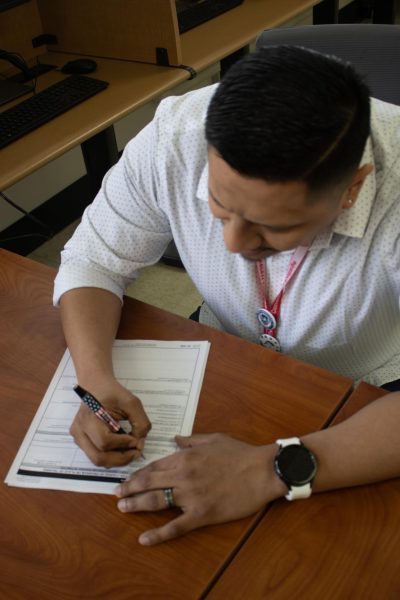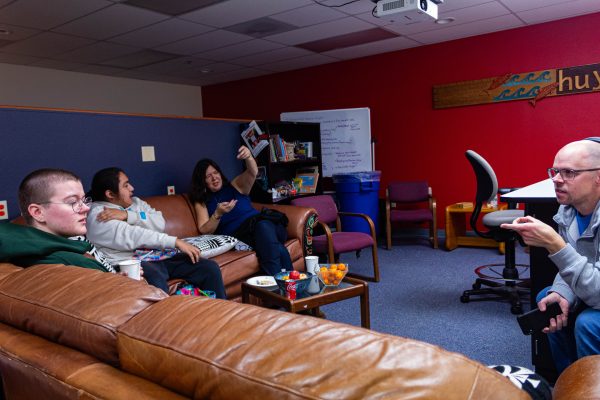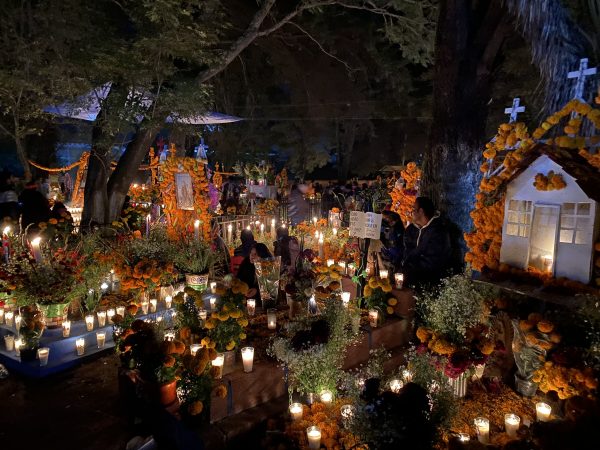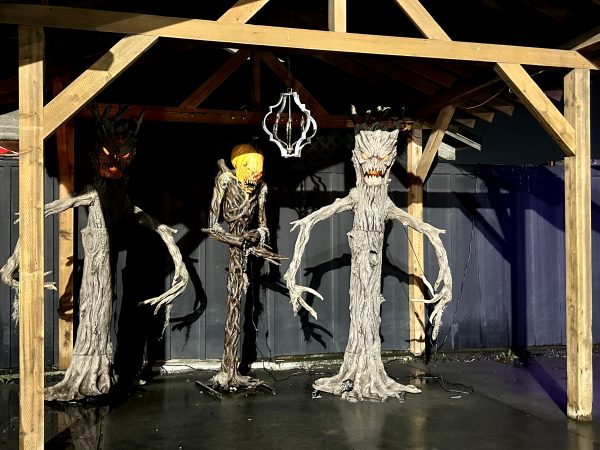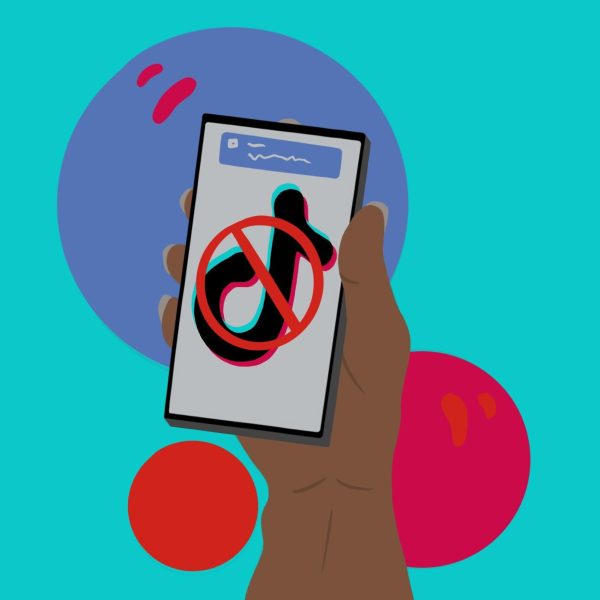The EvCC Japanese Culture Resource Center: A Surviving Icon
The serene Japanese garden at the JCRC.
When EvCC first closed its physical campus, no one knew for how long. As the months progressed, so did the pandemic. Many businesses and schools had to take measures to secure their financial survival over the last year.
Many feared if worse came to worse, EvCC would have to sacrifice more; its prized Japanese garden and peerless tearoom. But that’s not the fate in store for the Japanese Cultural Resource Center, better known as the JCRC.
The Good News
Those concerned about the JRCR breathe a sigh of relief. EvCC Director of Public Relations, Katherine Schiffner, stated, “The center is not closed. Like the rest of the college, the Japanese Cultural Resource Center is serving students virtually.”
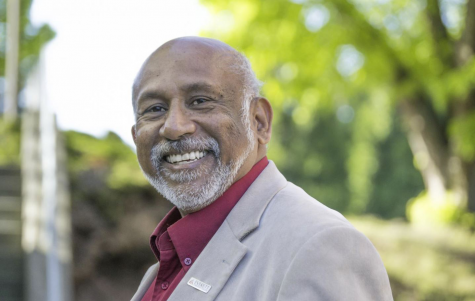
As for the garden, Visakan Ganeson, Associate Vice President of International Education, stated, “During these past few months we have hired a person to care for the garden and have hired a carpenter to repair the Iwakuni bridge. Repairs will start in April; shortly [we] will hire someone to prune the trees.”
Students Return as the Leaves Fall
The JCRC, initially named The Nippon Business Institute, has been a program at EvCC since 1987. Along with the name change, it was incorporated into the college’s International Education office.
Ganeson stated, “EvCC will bring more students back to campus this Fall, but the college is still working out details about how and when that will happen. The Japanese Cultural Resource Center will follow the college’s plan and all state and local guidelines.”
As for future affiliations, Ganeson explains, “President Willis is also connecting with the Consul General’s office to chat about our past and future partnerships. As you can see, we are interested in keeping the mission of JCRC active to serve the needs of our students and community and preparing the garden to be opened again when possible.”
The Anime Festival Fades to Black
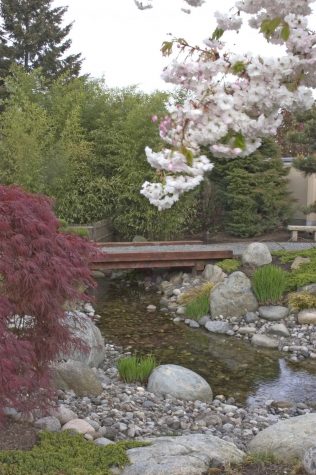
Although the home of EvCC’s most tranquil setting is safe, some activities will be absent. Most notable is
the Japanese Anime and Manga Arts Festival hosted by the Japanese Club. EvCC librarian and Japanese Club advisor, Heather Jean Uhl, who is also the grant writer for the JCRC, explained, “2019 will most likely be the last year of the anime festival; it’s just not sustainable.”
The beloved anime festival can cost tens of thousands of dollars to secure viewing rights. With declining attendance and a shift in state funding focus, we may never see Trojan-chan, the festival’s mascot, again.
Although activities like the festival and the Japanese club’s annual trip to Sakuracon may be a thing of history, Japan’s cultural past is being preserved with traditional ceremonies.
Tradition Paves the Way to the Future
What started as a bridge between Western and Japanese business culture and an aeronautic exchange program evolved into much more. Over the years, it has become a part of the EvCC community and the surrounding neighborhood with special programs such as tea ceremonies and the coming of age ceremony called Seijin Shiki.
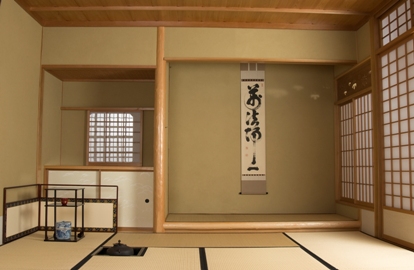
Uhl explains why EvCC’s tea room is so significant: “There is nothing like it outside of Japan.” She continues, “Most tea rooms only seat three people; ours seats 20 and is ADA accessible.”
With a smile, Uhl adds, “It’s what really made me want to work at EvCC.”
To contact the JCRC, email [email protected] or call 425-388-9195.

What living person do you most admire?
My wife.
Where would you most like to live?
If I didn’t already live in Everett, I would live in Vancouver,...

